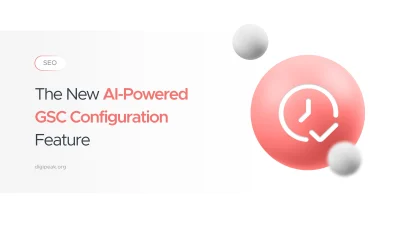
The New AI-Powered GSC Configuration Feature
Google’s Search Console Performance report is a powerful tool for analyzing organic search traffic, but …
SEO -
30/11/2022 -
7 dk okuma
Stay up to date with Peakers
In this article, you will learn about the concepts of EEAT (Experience-Expertise-Authoritativeness-Trustworthiness) and YMYL (Your Money, Your life), which are frequently sought after by SEO experts and online users, and tips on how you can use these concepts to increase your website’s SEO compatibility.
Some people argue that Google EEAT is one of the most important SEO success factors today. Others believe that the importance of EEAT is greatly exaggerated. So what is the right thing to do? In this article, you will learn what these two concepts are and decide for yourself which side you agree with.
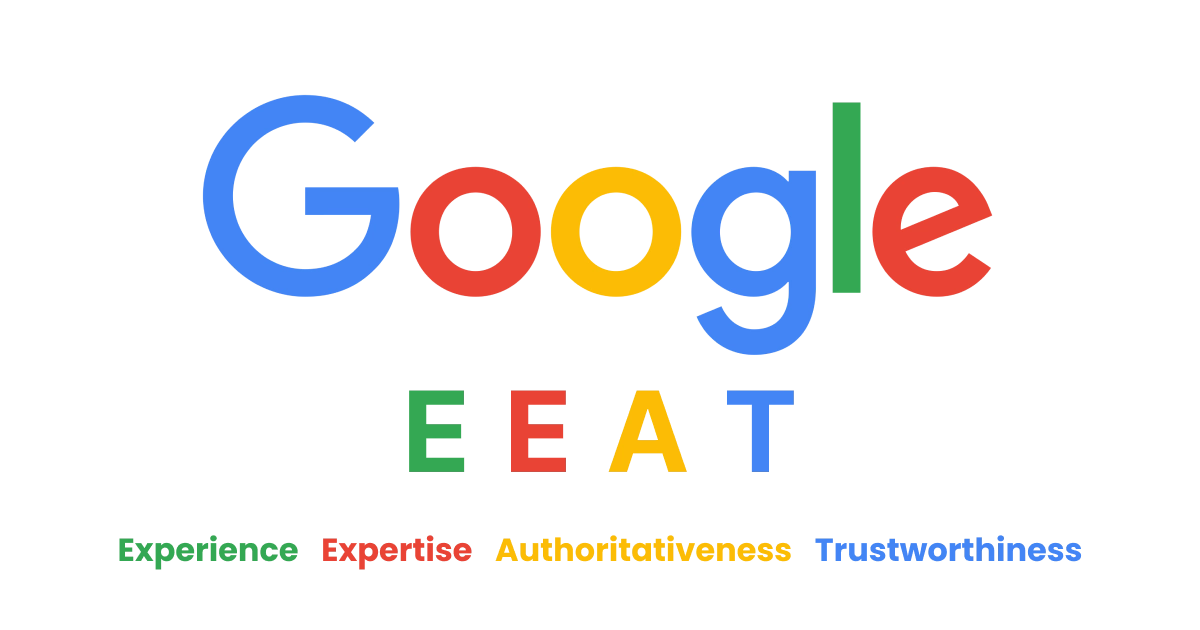
EEAT – one of Google’s search quality evaluation criteria – is the abbreviation of the English words Experience, Expertise, Authoritativeness, and Trustworthiness.
If you’ve been doing SEO before, EEAT must have come across as a definition you’re probably familiar with. Google has long used the concepts of Authority, Relevance, and Trust in its ranking system.
To understand this, let’s start by understanding what exactly EEAT means and why it’s important for on-page SEO.
When it comes to evaluating experience, Google instructs its Quality Rater staff to identify whether content is based on first-hand experience. For example, has a reviewer personally used a product or benefited from a service with a business they’re writing about? Has a retailer or influencer personally tested and evaluated the products they are recommending? Has an author personally visited the places they are featuring in their content?
Let us say that the subject of your website, for example, is Medical tourism. Assuming that we have a website ready, the information contained on the site should be accurate and reliable.
Google’s main goal is to provide and highlight links to websites that have information that is useful, complete, relevant, and correct.
Demonstrating your expertise is especially important in certain niches (eg legal, financial, medical).
People come to your website to find answers to important questions, and if you provide incorrect, useless, or outdated content on your website, your page will score badly in terms of SEO.
Google doesn’t want to send users searching for a query to the wrong/weak content or websites that deliberately mislead users. Therefore, make sure that the people who create your content have the subject matter expertise and do the necessary research and validation.
If the information and resources on the site are relevant and reliable for Google, you have successfully fulfilled the expertise criteria.
It is very important for Google how detailed the content on our site is, how much of the information users are looking for, and how much the users who read your content communicate with you and make comments.
If you have created quality, comprehensive content that resonates with users’ requests, you will be considered a website that meets the competency criteria.
Users rarely visit websites that are untrustworthy at first glance. If you are running operations that make sales transactions on your website, it is much more important that your site appears to be reliable to users.
The first step to being considered a trusted site is to obtain an SSL certificate. SSL certificates are one of the most important criteria for Google. 70% of the websites on the first page of the search results have SSL certificates.
Google collects EEAT scores by drawing conclusions from these search quality assessments (human evaluators Google uses to test the quality of search results). But it’s good to know that the actual EEAT ratings given by call quality raters are not ranking factors. Based on this information, even if EEAT isn’t a direct ranking factor, it can still help you rank indirectly.
People should feel that they can trust any information they find on your website. Likewise, Google wants to rank websites and content it can trust. Trust is also linked to Google’s YMYL concept.
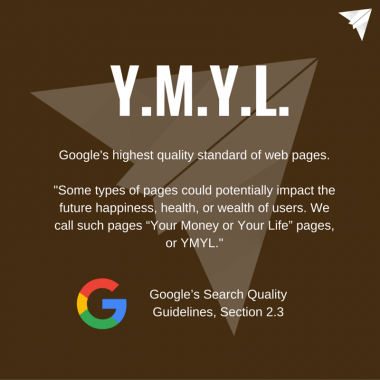
Websites that sell products or provide services or information that may affect the happiness, needs, health, financial stability, or safety of users are classified as “Your Money Your Life”.
Google cares deeply that such websites are of the highest standard. Some industries that fall under the Google YMYL domain include e-commerce, financial services, healthcare, and law.
If you own a website in the YMYL domain, you should make sure that any content on your website provides the most reliable and quality service to the people who consume your content.
Make your website visitors feel safe. Take great care of your users, and you can be sure that Google will give your site the value it deserves.
Google EEAT Guideline says that if we want our website to rank, the content on the website must be unique and great. So it’s no surprise to us to hear that Google values high-quality content.
Most of the content that Google describes as high-quality content and the content that appears on the first page of user search results are the same content.
Despite the lack of clear information, EEAT criteria play a role in Google’s organic search results. This means that while creating an SEO strategy, you should definitely work on E-E-A-T.
The content you create should have a purpose. Your content should benefit your shoppers, users, or readers.
Features of high-quality pages include
According to Google’s evaluation criteria, high-quality pages (and YMYL pages) should have a fairly high EEAT level. Your top priority for your site should be to create content that your target audience wants or needs and that offers real value.
Low-quality content is the opposite of high-quality content, as you might have guessed. According to Google, content that does not meet user needs contains irrelevant information, and hate speech can be considered in this category.
The characteristics of a low-quality page are:
Just as high-quality content helps your site rank higher, logically, low-quality pages can hurt your Google rankings. If your website content is incorrect, serves no purpose, or contains elements that degrade the user experience, Google is unlikely to include it in SERPs.
In short, low EEAT means bad content. Bad content means a bad SEO score. A bad SEO score means you lose traffic and conversions to competing pages due to low rankings.
We now fully understand the concept of EEAT and why it is important. How do we know if our website content is considered to be of good or poor quality?
If your content does not contain correct information and does not answer questions with subheadings, it is likely that your content is of poor quality.
The most important points to consider when creating new content for the future are as follows;
1. When creating your content, use official and reliable information sources and indicate these sources in the content.
2. Make sure that the people who create your content are well-known experts in their field.
If the content creator is a person known for their research in that field, then definitely highlight this in your content. Adding documents to your content that list the author’s accomplishments and biography will further prove that the information is correct.
Error: Contact form not found.
We offer a range of online marketing services to cater to all of your online needs.
If you want to learn more about digital marketing campaigns, how about contacting us? Give us a call or email us to get the best digital marketing advice there is!
Get an Offer


Join Us So You Don't
Miss Out on Digital Marketing News!
Join the Digipeak Newsletter.
Related Posts

Google’s Search Console Performance report is a powerful tool for analyzing organic search traffic, but …

Before we explore the practical steps in Ahrefs, it's essential to understand the current search …
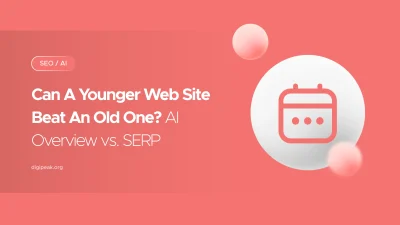
The digital marketing ecosystem in 2026 is defined by a singular, disruptive question: Is the …
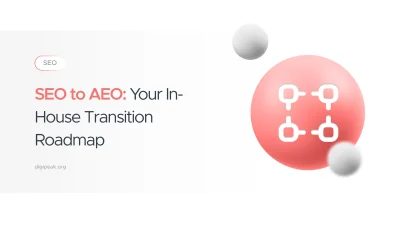
The era of "Ten Blue Links" is over. They are no longer the primary drivers …